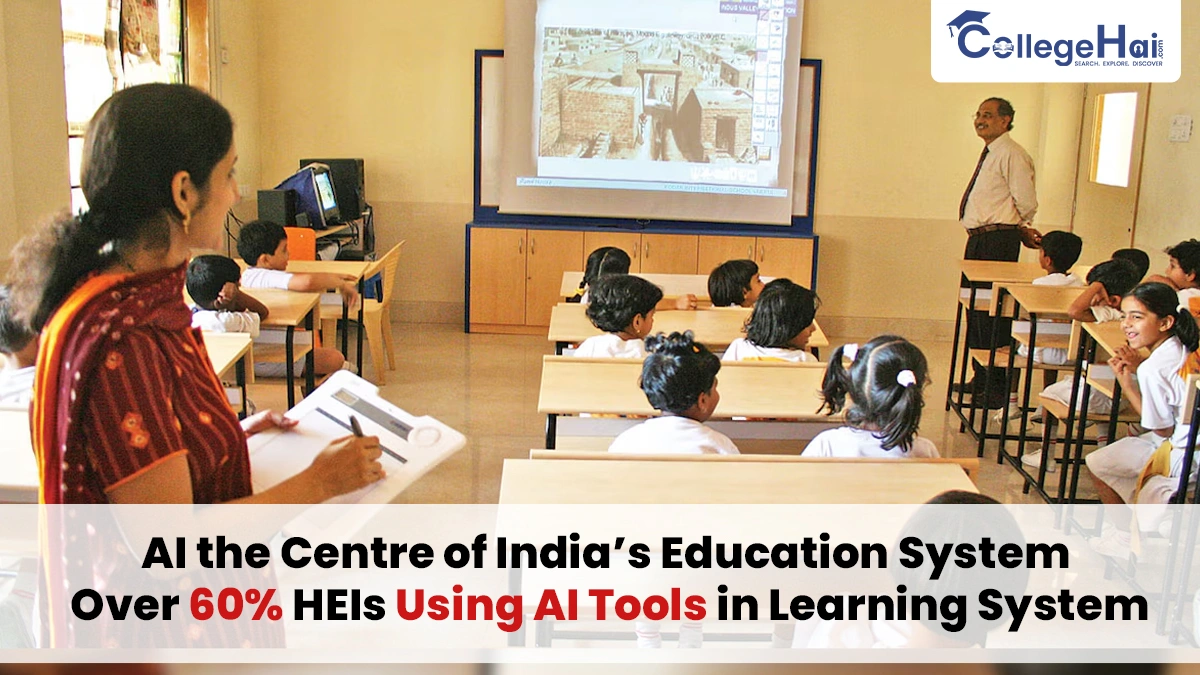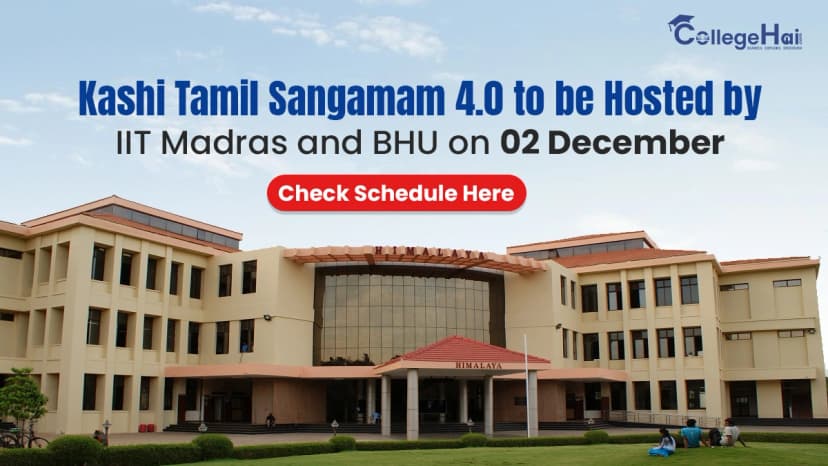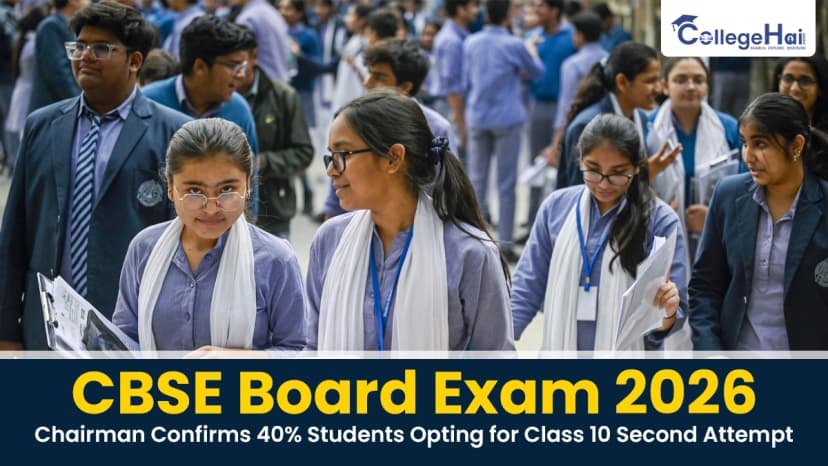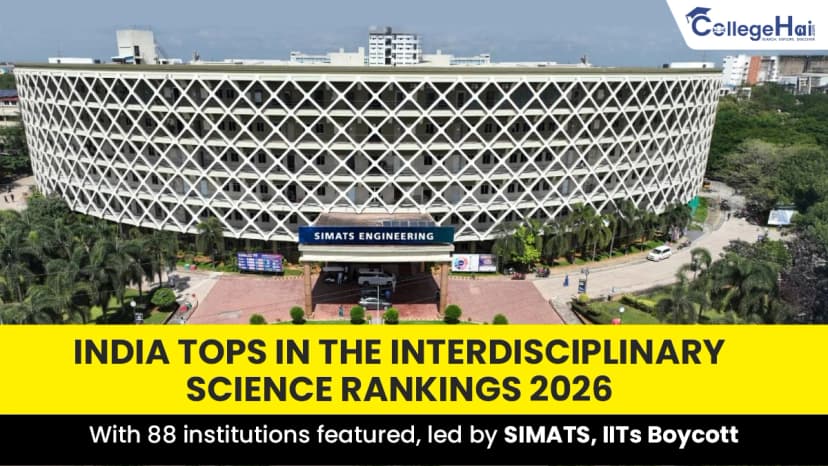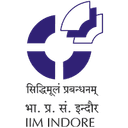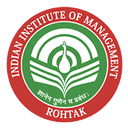Artificial Intelligence (AI) is now transitioning to normalization in the indian higher education sector. The latest EY-Parthenon FICCI report, called Future Ready Campuses: Unlocking the Power of AI in Higher Education, shows that more than 60 per cent of higher education institutions (HEIs) in India now formally allow the use of AI tools in campuses by students.
The survey of 30 top HEIs in India indicates that adoption is already a multifaceted one, as the report is based on. Although over 53 per cent of institutions have already started using generative AI tools to create learning materials, other applications are also increasing at a pace. Forty percent of institutions of higher learning have installed AI-enabled tutoring systems and chatbots to facilitate learning and communication with students. 39 per cent have implemented adaptive learning platforms that dynamically adjust content to students.
38 per cent are applying AI to automated grading of assignments and assessments. These statistics indicate that AI is not an activity of research institutes and fringe pilots only, but it is permeating the planning of courses, how students interact, and how their performance is measured.
Experimentation to Integration and Caution
The report emphasizes the fact that the story is not merely about adoption, but about responsible integration. As AI is becoming more and more popular in the classroom and campus processes, guardrails are also being implemented by institutions. More than 56 per cent of HEIs have adopted AI-related policies, which regulate the use, data privacy, and accountability. Meanwhile, the report shows disparity in preparedness. Most institutes are underdeveloped in terms of digital infrastructure, faculty training, and the model of governance. In their absence, the advantages of AI can come into conflict with such concerns as the abuse of AI, intrusion into personal privacy, or loss of academic integrity.
Some of the Main Recommendations of the Report
One of the recommendations is that AI literacy should be integrated into the foundation of the entire educational curriculum, not confined to the engineering or computer science courses. Humanities, arts, business, science students, and other students need to develop an understanding of AI, its possibilities, and its traps, which can be implemented practically.
The integration is more profound in STEM courses: the higher-order concepts of machine learning, natural language processing, robotics, and algorithmic thinking need to become part of the core curriculum. Teaching material should be designed with the help of generative AI by the faculty, and real-time student support can be facilitated with the help of chatbots and tutoring systems.
Challenges Ahead
With the momentum, there are numerous challenges that lie ahead. There remains an unequal distribution of digital infrastructure both in terms of regions and institutions. Other colleges can have insufficient bandwidth, hardware, or cloud access to scale AI deployments.
Another important issue is faculty preparedness. Numerous educators believe that they are not ready to teach within AI-enhanced learning settings or assess AI-enhanced student output in a meaningful way. The Governance is also developing. The institutional policies should specify the acceptable use, discuss the bias in algorithms, the security of student data, and guarantee the transparency of AI-aided decisions. Innovation and integrity will be a significant challenge to balance.
Why it’s a Turning Point
The personalization of higher education will be critical as India tries to establish itself in the AI age. The report states that effective AI implementation should be governed to produce more customised learning, improved resource utilisation, and enhanced support systems for the students. However, the change should be intentional. The difference in infrastructure, teacher preparedness, and institutional systems needs to be managed soon in case the potential of AI is to achieve the target population of students, not just the one in well-established institutions.
In short, Indian higher education is at a very critical crossroads. Artificial intelligence is not a far-fetched idea anymore, but rather integrated into the life of campuses. The way institutions strike the right balance between ambition and accountability in this fast change will determine the future of the learning process in the country.

